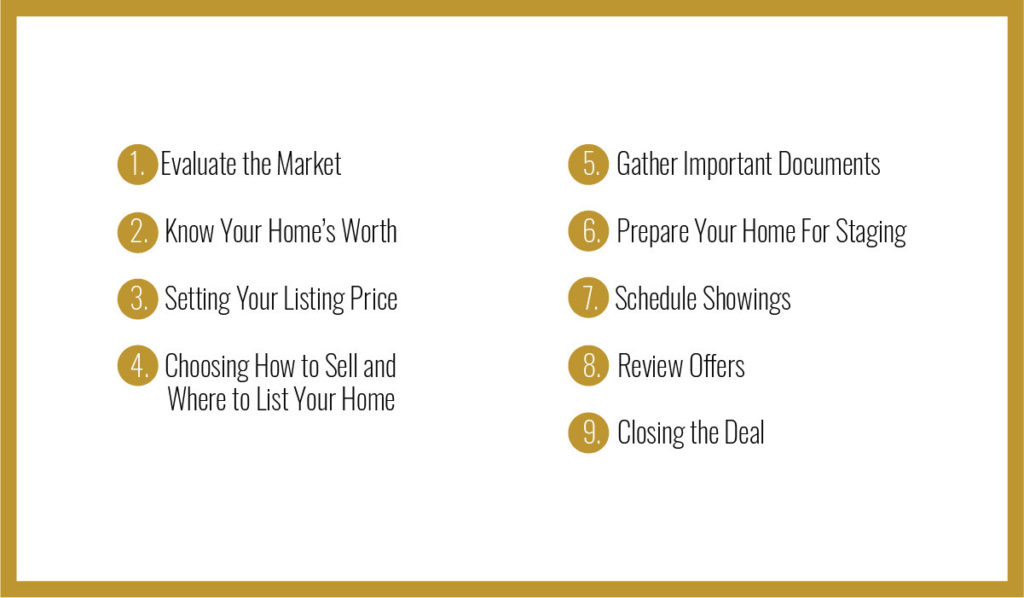Choosing How to Sell and Where to List Your Home
After setting the price, you should know about the methods by which you can sell your home and the platforms where you can advertise.
Selling Your Home With or Without a Realtor
Let’s explore the two main ways to sell your home:
- Selling Your Home with a Realtor: Choosing a realtor to sell your home has both advantages and disadvantages:
Pros: Realtors bring expertise in market valuation, marketing strategies, and negotiation tactics. They handle most of the selling legwork, saving you time and stress.
Cons: You’ll pay a commission fee, which can be a significant cost
- Selling Your Home Without a Realtor: Here are the benefits and disadvantages of selling a home without a realtor:
Pros: You save on realtor commission fees.
Cons: Requires significant effort in marketing, managing showings, negotiating offers, and handling legal paperwork — all on your own.
How to sell your home privately? In short, know your home’s value, make it look nice, and get a lawyer to help with paperwork. Advertise online and put up a “For Sale By Owner” (FSBO) sign. Be ready for showings and learn to negotiate. FSBO is good if you have time, can negotiate well, and know potential buyers. Otherwise, finding a realtor might be easier.
Before discussing the checklist for selling your Ontario home, it’s crucial to understand two key things:
- Costs of selling a home in Ontario
- How to sell your home — privately or with a realtor?
Choosing Your Listing Platform
After setting a price for your house, you’ll need to advertise it for sale on various platforms as well. The most effective way to find interested buyers is through realtor.ca, Canada’s national Multiple Listing Service (MLS). However, only licensed real estate professionals can directly list properties on realtor.ca.
If you’re planning to sell your house on your own (FSBO, For Sale By Owner), there are two options to get your listing on realtor.ca:
- Use a third-party website that charges a one-time fee. These websites will connect you with realtor.ca to list your property.
- Pay a real estate agent a fixed fee to handle the listing on realtor.ca for you. This can be a good option if you want the reach of realtor.ca but don’t need the full range of services a real estate agent provides.
Remember, your listing is crucial for attracting buyers. Make sure it includes all the important details about your house, presented clearly and accurately. High-quality photos are especially important, as they create a strong first impression for potential buyers.
If you decide that you’d like to enlist the help of a Realtor, our brokerage is ready to take care of all of your needs. Our unique approach combines traditional advertising with powerful social and digital strategies for maximum exposure. We understand what makes buyers tick, so we target the right audience across various channels – realtors, active buyers, and even those just browsing. High-quality photos, virtual tours, and neighbourhood marketing showcase your property in its best light, attracting qualified buyers ready to schedule a viewing. We market your entire neighbourhood, not just your house, creating a desirable atmosphere for potential buyers.

